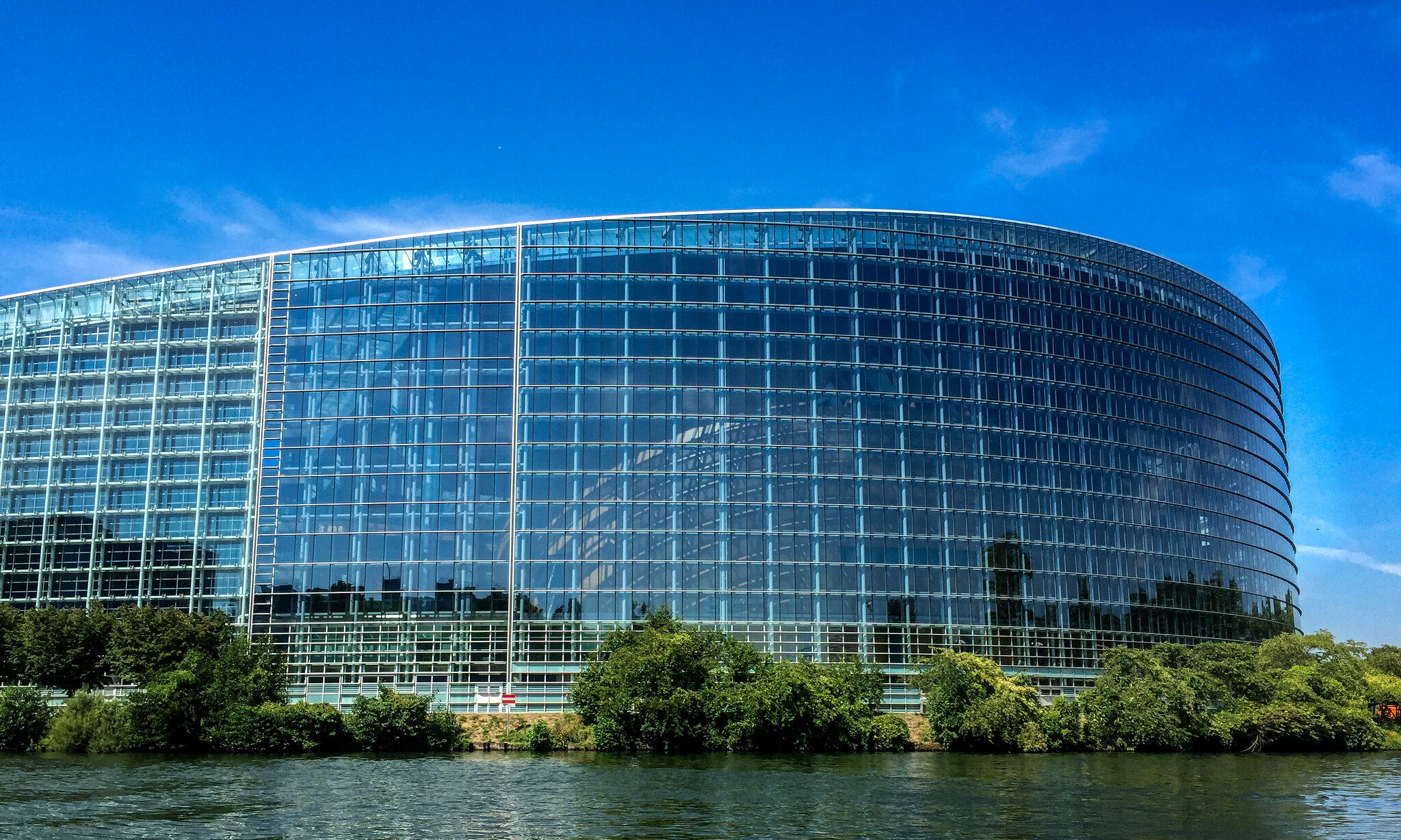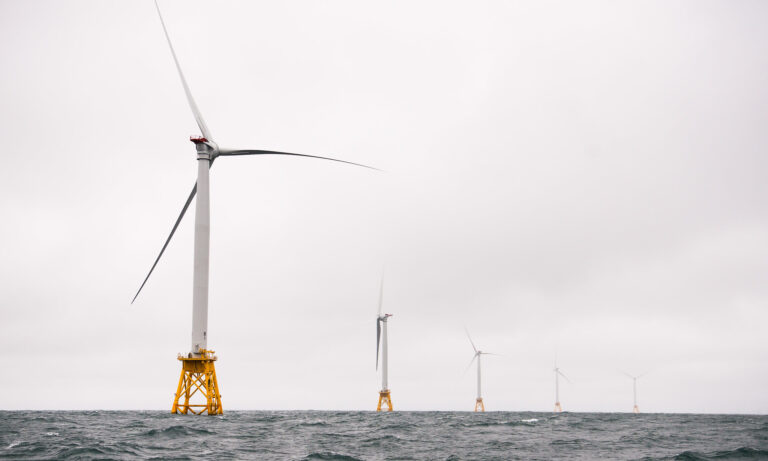European Parliament Elections Will Set the Tone for EU-China Relations

The European Parliament has proven an influential actor when it comes to EU-China ties as seen in the freezing of the EU-China CAI. With the elections behind the corner, the manifestos of the political parties show that the European legislature will likely maintain a hard line on the bloc’s China policy.
This article is part of a series of articles authored by young, aspiring China scholars under the Future CHOICE initiative.
EU-China relations stand at a critical juncture. Beijing’s position on the war in Ukraine and China’s growing assertiveness on the world stage have highlighted the “systemic rival” nature of the relationship, as defined by the European Commission back in 2019. The “de-risking” efforts led by President von der Leyen’s have created a new framework for the EU’s approach to Beijing, seeking to limit risks while trying to salvage the links with the Asian giant, particularly when it comes to the economy. In this complex landscape, the European Parliament plays and increasingly prominent role.
The EP’s Role in EU-China Relations
Before turning to the next continent-wide elections for the 720-member-strong body, it is worth evaluating the Parliament’s key role in calling for a firm approach to China in recent years. Year 2021 was a watershed. This was when the new EU Global Human Rights Sanctions Regime, also known as the Magnitsky Act, was first utilized against China. In March of that year, various Chinese individuals were targeted. What was China’s reaction? To counter-sanction MEPs who were vocal against the authoritarian country as well as the Council’s Political and Security Committee and various Member State national MPs. This, in turn, led to the freezing of the EU-China Comprehensive Agreement on Investment by the EU side.
After the fallout of sanctions, the EP swiftly adopted a resolution proposing a New EU-China Strategy. In this document, the only directly elected EU institution outlined a reinforced interpretation of the “competitor, partner, rival” triad, emphasizing the systemic rival part. According to the resolution, the future EU-China relations ought to be conducted in consideration of, among others, “enhanced engagement on universal values, international norms and human rights” as well as “defense and promotion of core European interests and values by transforming the EU into a more effective geopolitical actor,” mirroring the Commission’s call for a more geopolitical Europe. Last year’s report on EU-China relations also echoed these demands while including the call to de-risk in EU-China relations.
However, there is another role of the European Parliament, as an internal legislator, which also has a major impact on the external dimension of the Union. As co-legislator together with the Council, the European Parliament is in charge of developing regulation that affects Europeans and their single market. Traditionally, the economy has been the main driver of European integration, and it is also the essence of EU-China relations. Thus, every piece of legislation that is prone to have an economic external impact, should also be analyzed within the EU-China relations lenses. A clear example would include the FDI screening mechanism, passed after a long period of growing Chinese investment in the EU. More recently, the EP and Council have passed regulation on distortive foreign subsidies, an international procurement instrument, or the European Chips Act. All these are not directly aimed at but deeply affect China and its relations with Europe. In the months to come, particularly after the next European election, the European Parliament will also work on the economic security legislative package unveiled by the Commission in January 2024, showing yet another reason to closely watch the results of the vote.
No Rosy Future for EU-China Relations After June 9
Depending on the results of the elections, the Commission’s composition and the balance of power will also be affected. While the post-election landscape in Brussels cannot be predicted, one can look at the manifestos of the European political parties to get a sense of what to expect. At the moment of writing, only six out of the eight main political groups have published their manifestos. Thus, the analysis below does not include the position of the two right/radical right groups, ECR and ID (the latter of which refrains from publishing election manifestos altogether).
The European People’s Party’s (EPP) manifesto is the one that mentions China the most, from four different perspectives. The first, focusing on international security, establishes that the growing tensions in the South China Sea as well as the Taiwan Strait need to serve as a wake-up call for Europe, and goes on to suggest that the EU needs to adopt a long-term strategy to deal with these challenges. On the economic side, the conservatives juxtapose China’s economic rise with Europe’s decline and call for fair economic relations, underlining the need to defend the bloc’s most innovative companies from investors from China and other third countries. Third, the EPP emphasized the need for a human-centered approach to technology, particularly AI, when it comes to competing with China and other international actors. Finally, the EPP also embraces the systemic rivalry perspective of EU-China relations.
In contrast, the second largest political party in the European Parliament, Socialists and Democrats, lack a similarly explicit approach to China in their manifesto. The only reference is related to the need for relations with China to be rebalanced and based on promoting European values. However, reading between the lines, the strong support for the International Labor Organization and the call for binding the EU trade agenda to human rights can also be seen as hinting at China. This can be regarded as a strengthened position towards China in comparison to a previous watered-down draft of the manifesto.
The ALDE party ranks second in terms of the focus on China. By comparing Beijing’s behavior to that of Russia, the liberals adhere to the systemic rivalry view of EU-China relations. In addition, they oppose Beijing’s use of force against Taiwan and support the continued use of the Magnitsky Act against Chinese officials as well as other Communist Party representatives violating human rights in China. Finally, the party’s manifesto also proposes to keep CAI frozen while the EU should continue building a closely knitted network of FTAs with other powers.
The Greens also take a strong approach by underscoring the need for a common and human rights-based policy towards China. They acknowledge that Beijing’s policy towards Taiwan puts global peace and security in jeopardy. The manifesto also gives attention to the technology issues in EU-China ties, arguing that the state-controlled Chinese digitalization is a model the EU should not follow. The views expressed in their manifesto are coherent with the work the Greens have been doing at the European Parliament, particularly via the Chair of the EP delegation to China, MEP Reinhard Bütikofer. Meanwhile, the Greens’ partners, the European Free Alliance (EFA), only frame EU-China relations from the economic perspective and industrial competition.
Interestingly, the Left’s manifesto does not mention China at all. The document mainly focuses on the internal dimension of the EU, occasionally going beyond the EU borders as is the case with the call to “cooperation between sovereign states based on equality and the renunciation of hegemony” or when calling for seeking a negotiated peace scenario in Ukraine.
Despite the limitations manifestos pose – they tend to be synthetic, express only general guidelines, and reflect not only ideology but also political competition – their analysis is one of the few ways of testing the waters as to how the next EP would look like when it comes to China policy.
With different sensitivities exhibited by European parties, their performance in European elections will be key in shaping the Parliament’s view on China. It remains to be seen, then, if it will take the more belligerent conservative approach, the soft value-based view of the socialists and democrats, the belligerent but also human rights-based liberal perspective, the Green’s emphasis on digitalization, or it will ignore the issue altogether as the Left’s manifesto does. If the current informal coalition is to be continued, which includes the EPP, the S&D, the ALDE, and the Greens, and tends to vote together quite often, the Parliament’s China policy is likely to retain the current confrontational approach. If the other parties, mainly the radical right European Conservative and Reformist and Identity and Democracy, are able to create alternative coalitions at the institution, then the future will be more uncertain.
Written by
Unai Gómez-Hernández
ugomezhernandezUnai Gómez-Hernández is a joint PhD candidate at the University of Edinburgh and KU Leuven. His research interests include EU-China relations, radical right populist parties, geoeconomics, and electoral dynamics at the European level.


